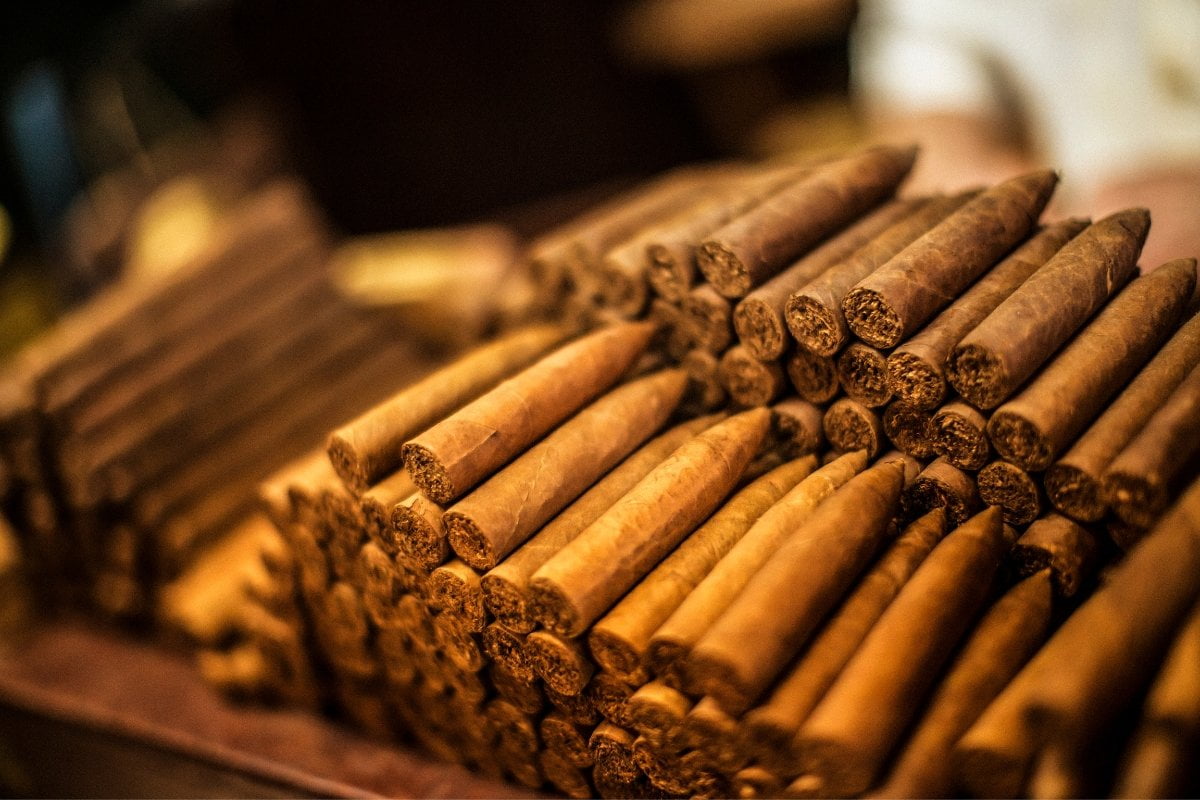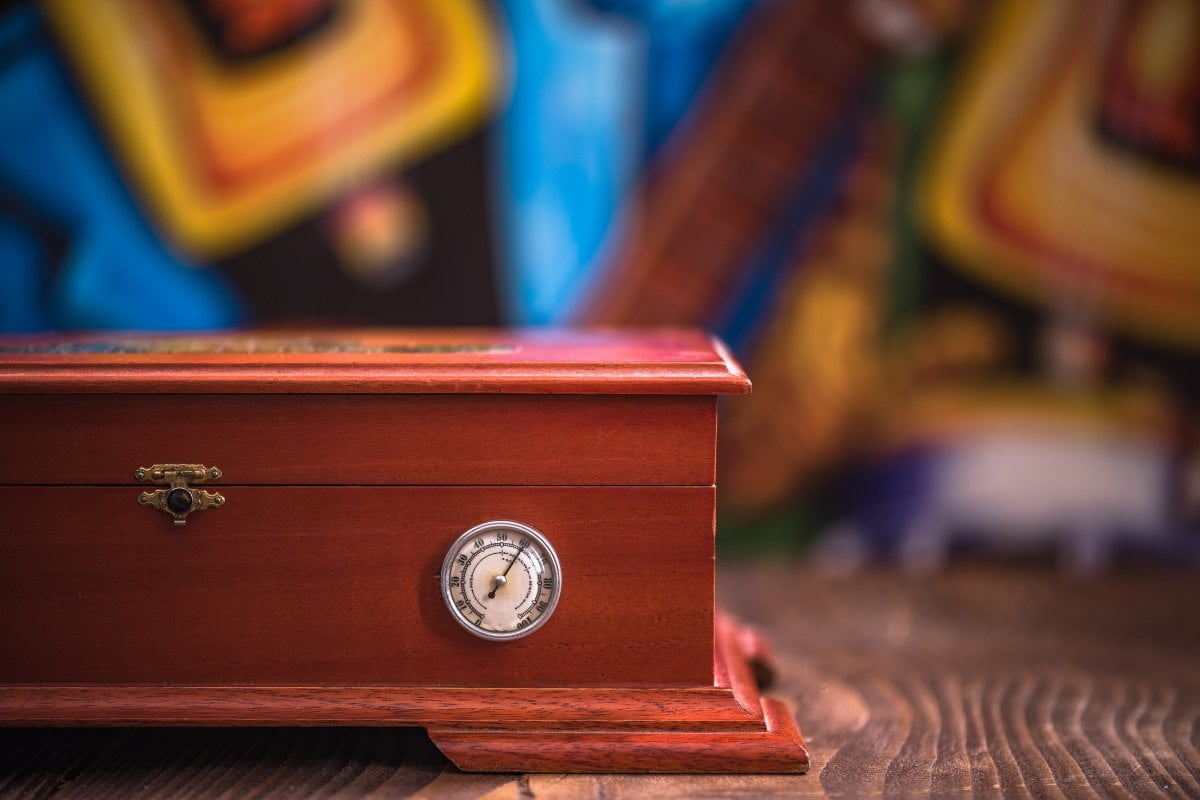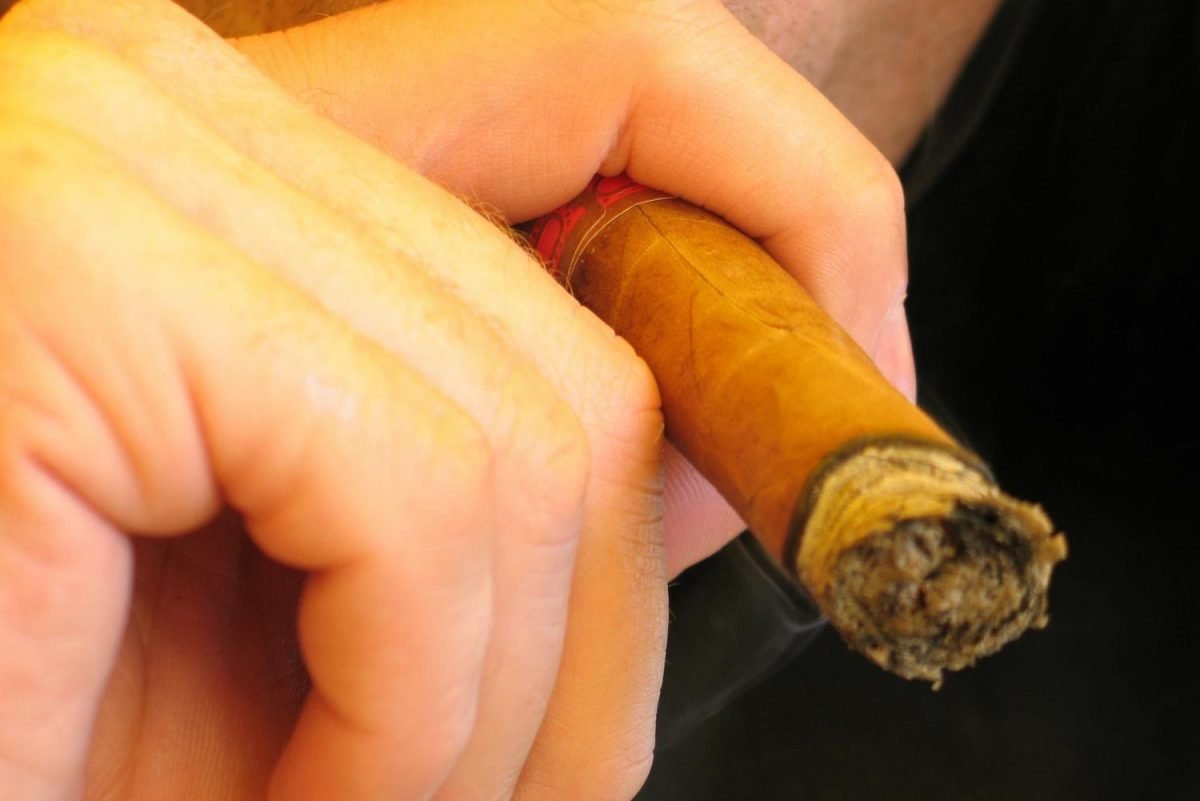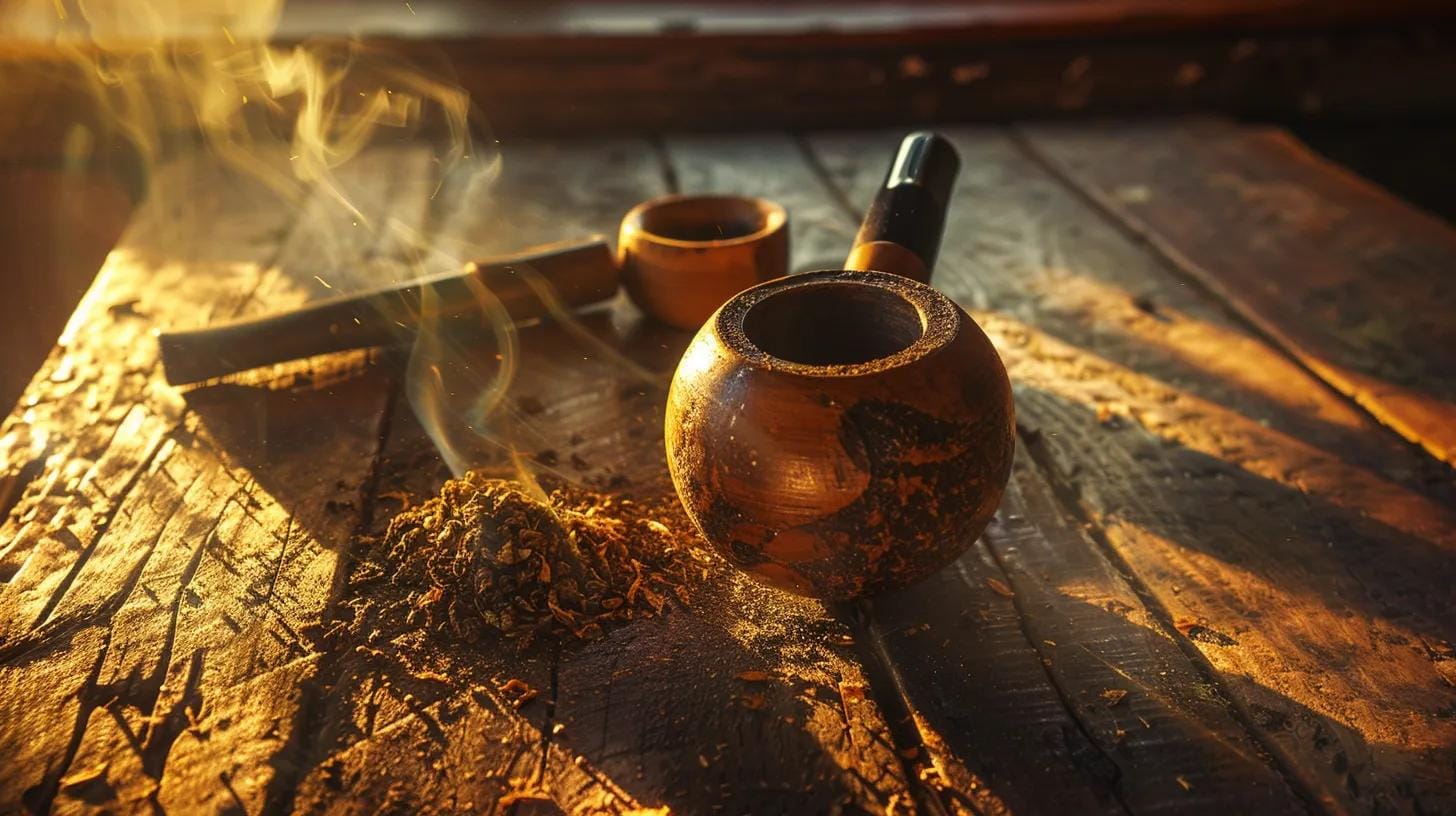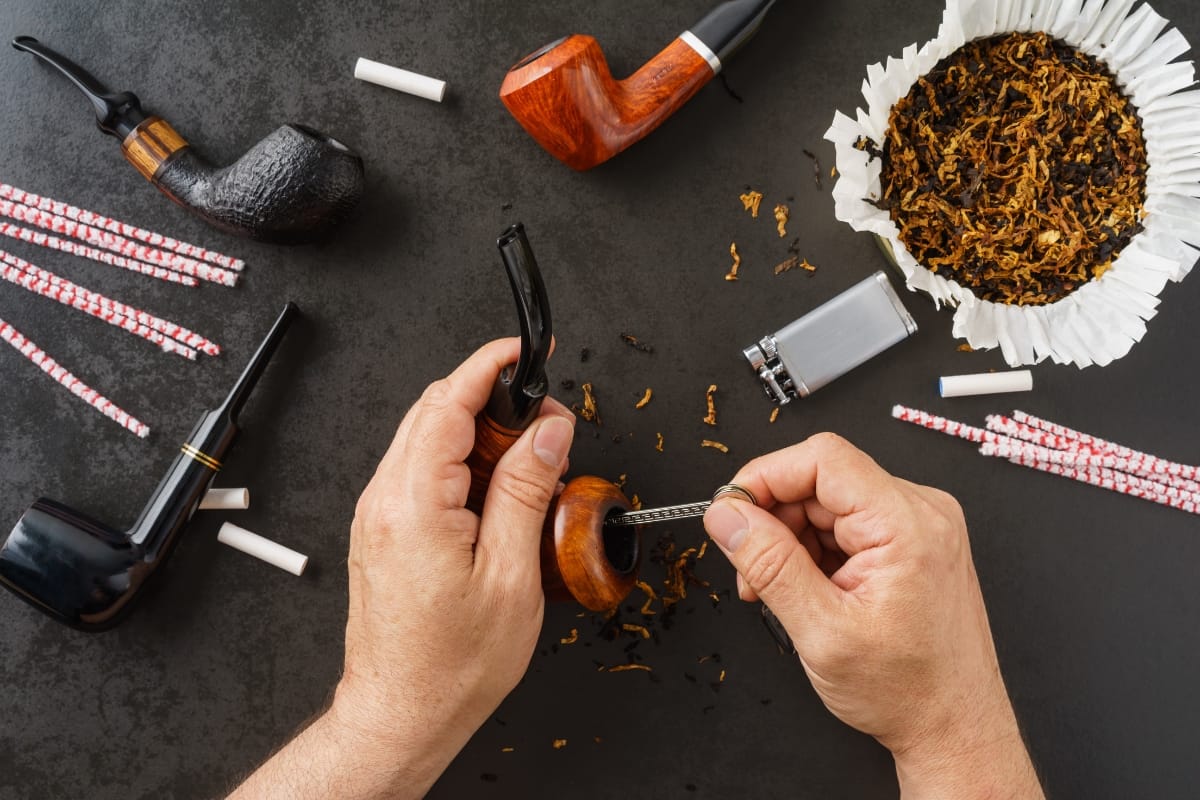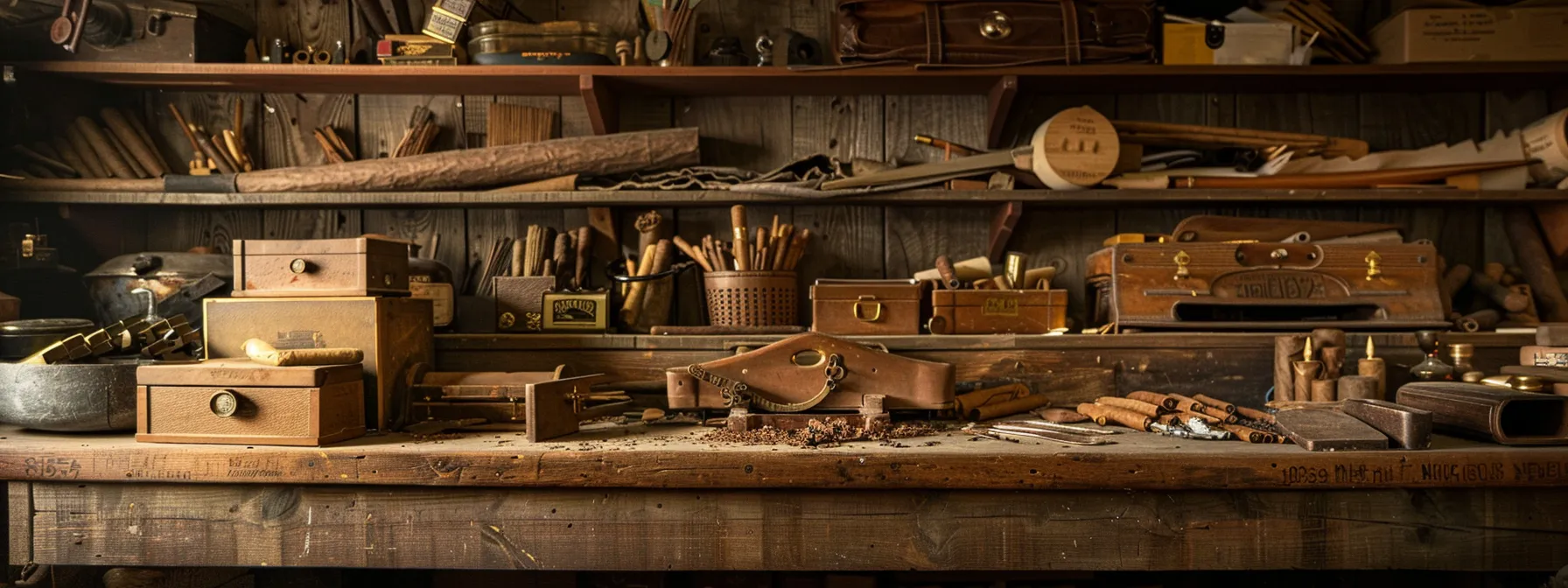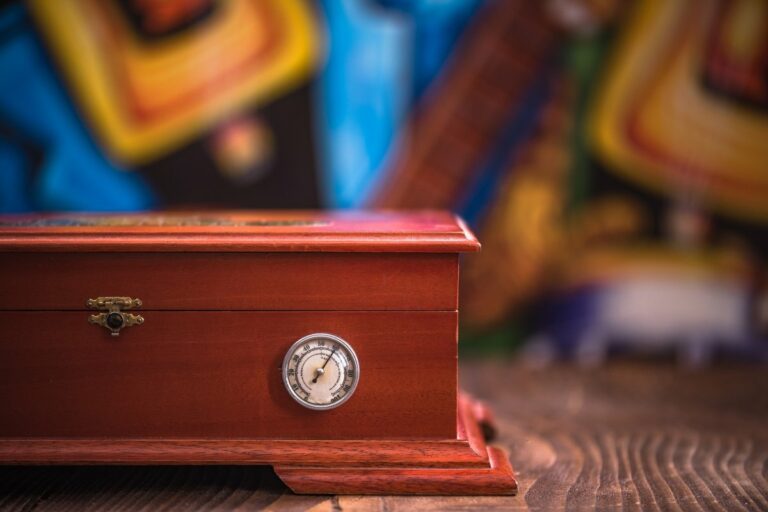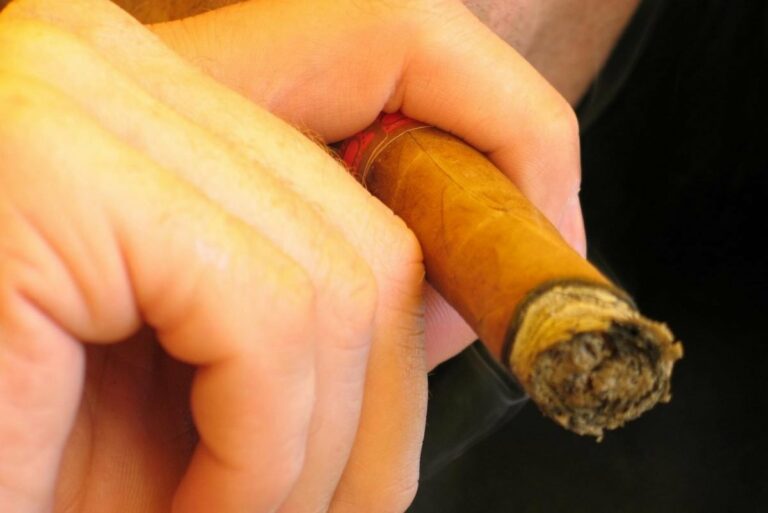Cigars are an enduring symbol of class, luxury, and sophistication. To this day, many consider the smoking of a fine cigar to be an extravagant pleasure. But what happens when luxury is threatened? Cigar enthusiasts are all too familiar with the devastation caused by cigar beetles: tiny, uninvited guests that make a home in a pack of cigars and bore holes through the tobacco leaves.
The signs of beetles can be disconcerting, as they often go unnoticed until the damage has been done. These small pests can consume entire packs of cigars, leaving cigar aficionados with a sour taste in their mouths.
A few telltale signs such as holes in cigar wrappers, hollowed out cigar leaves, or other discolorations may be the only indication that a pack of cigars has been compromised. It helps for any cigar enthusiast to recognize the signs of beetles, since the damage caused by these pests can be devastating.
In this blog post, we will discuss the signs of beetles, causes of infestation, and preventive measures to help cigar aficionados protect their investment from these tiny but destructive insects. So grab your humidor, light up a cigar and join us as we explore the signs of beetles when cigars develop holes.
What Causes Cigars to Develop Holes?
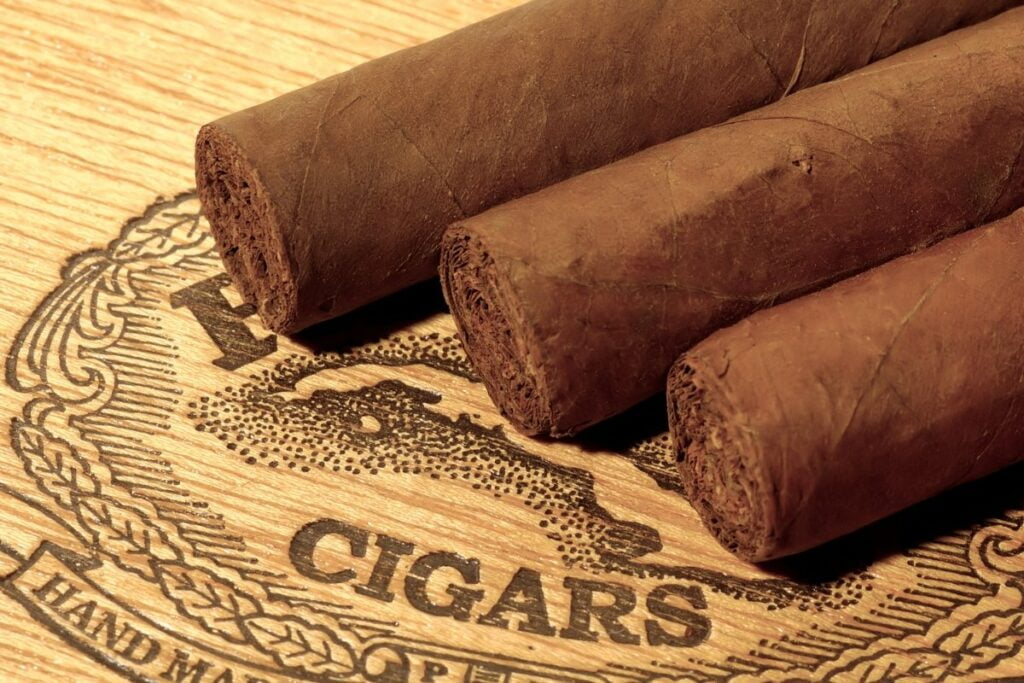
Cigars developing holes as a result of beetles is a common issue for cigar owners. Having an understanding of what causes cigars to develop holes is an integral part of understanding and properly addressing this pest infestation.
Typically, beetles are the culprits when it comes to cigars developing holes. Beetles are a type of insect that feeds on organic materials, such as tobacco. Female adult beetles lay eggs in the tobacco leaves and when the larvae hatch, they begin to feed and tunnel through the leaves, eventually creating small holes in them. When inspected closely, these holes are usually accompanied by a telltale sawdust-like substance known as frass.
In some instances, cigars may develop holes due to other types of pests, such as mites or thrips. These pests, however, are not as common as beetles. Mites, for instance, require high levels of humidity to survive, so their presence is less frequent, whereas beetles can survive in a variety of conditions.
Furthermore, cigars may develop holes due to mold. This can occur if cigars are not stored in a clean and dry environment with moderate temperature and humidity levels. In such cases, the cigar may form a soft spot, with a telltale yellowish discoloration, which upon inspection, will reveal the holes inside.
It is important to note that cigars can also develop holes without the presence of any type of infestation or mold. Poorly rolled cigars can sometimes contain air pockets, making them prone to developing holes if stored in conditions with high humidity levels.
Signs of beetles are typically the root cause of the issue, although other pests and mold can also contribute to this issue.
How to Identify Signs of Beetles in Cigars
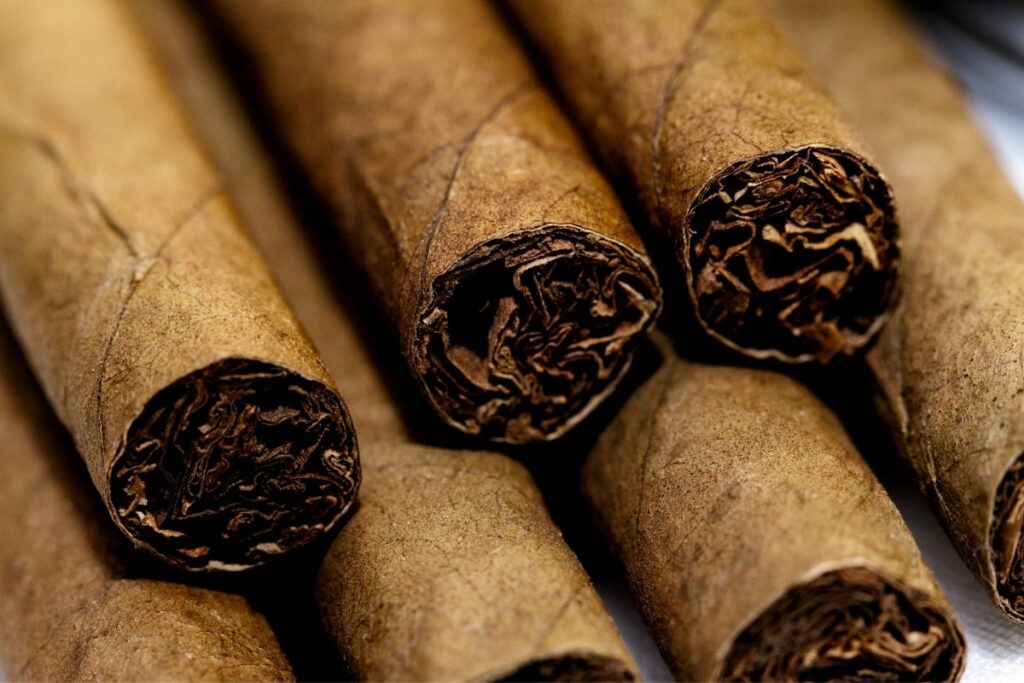
Cigars provide a luxurious pastime for many people and many enjoy them for their quality, flavor, and aroma. To ensure the best experience, it’s essential to know how to identify signs of beetles in cigars.
Beetles can cause irreparable damage to cigars, so quick identification is key. Luckily, there are several tell-tale signs to look out for. One such sign is the presence of tunnels in the tobacco, caused by tiny larvae burrowing through the cigars. If these tunnels are present, small sawdust-like particles may also be found on the surface of the cigar.
In addition, there may be precise evidence of beetles in the form of larvae or beetles themselves. These creatures range in colour from white to brown and are usually seen crawling along the outside of cigars or on your cigar box. In very severe cases, you may stumble upon a beetle in your mouth as you smoke, indicating a major infestation.
Another more obvious sign is the presence of actual beetles. These are most easily spotted if the cigar wrapper is light-colored and thin. If a beetle is noticed, it should be removed immediately and discarded.
Additionally, cigars affected by beetles tend to have an off-putting smell, which can indicate their presence. These smells may include musty odors, such as ones resembling mildew, or even a sweet smell, similar to that of honey.
Finally, cigars that have been infested with beetles will typically appear dried out and will have lost their normal robust texture. This is due to the beetles’ consumption of the oils in tobacco.
By remaining vigilant and aware of these signs, cigar enthusiasts can take steps to keep beetles away and preserve their quality cigars.
Tips for Preventing Signs of Beetles in Cigars
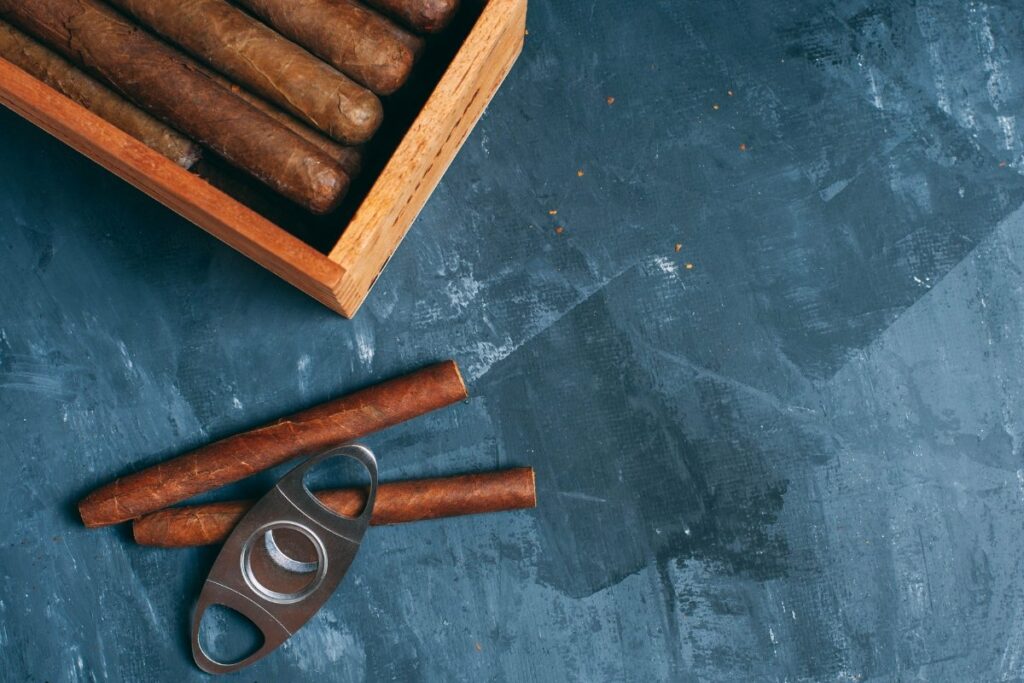
Having the right storage conditions and taking certain precautions can greatly reduce the risk of beetle infestations. Here are several tips for preventing signs of beetles in cigars:
- Store cigars at the right temperature and humidity – Keeping cigars stored at a temperature between 68-72 degrees Fahrenheit and at a humidity level between 65-70% will help prevent signs of beetles from appearing. Storing cigars in too cold or too hot temperatures can make them more susceptible to beetle infestations.
- Inspect cigars regularly – A quick visual inspection of cigars for signs of beetles every month is recommended. Look for small holes in the wrapper and tiny black specks. If cigars appear to have been damaged, discard them immediately.
- Use airtight containers – Using airtight containers with sealed lids can help prevent beetles from entering your cigar boxes. Make sure the containers are clean and dry before closing the lid.
By following these tips and taking preventative measures, you can help protect your cigars from signs of beetles. It is important to remember that beetles can reproduce rapidly. Therefore, it is vital to quarantine any affected cigars to prevent the further spread of the problem. The best way to do this is to keep the cigars in an airtight container, ideally a Ziploc bag, and dispose of any infected cigars as soon as possible.
Final Thoughts on Signs of Beetles in Cigars
Signs of beetles can cause many problems for cigar enthusiasts. They are tiny, unseen insects that can rapidly colonize a cigar box and lay their eggs, leading to severe damage of the cigars within. It is important to be aware of the signs of beetles and take quick action when you detect them in order to prevent further damage and loss of your beloved cigars.
Ultimately, having a keen eye and continually inspecting your cigars for signs of beetles is key to preserving your precious smokes. With this guide in mind, hopefully you’ll never need to worry about these pesky critters again.
Here at Premium Cigars of Georgia, we are fully dedicated to helping our customers achieve the best smoking experience with our wide selection of premium cigars and accessories. Check out our store to take a look at our range of cigar brands and accessories to find the best fit for your smoking needs and preferences. You can also give us a call at (770) 427-9593 to see if we can find you the cigar brand of your choice or to ask us any questions you may have about cigars.

